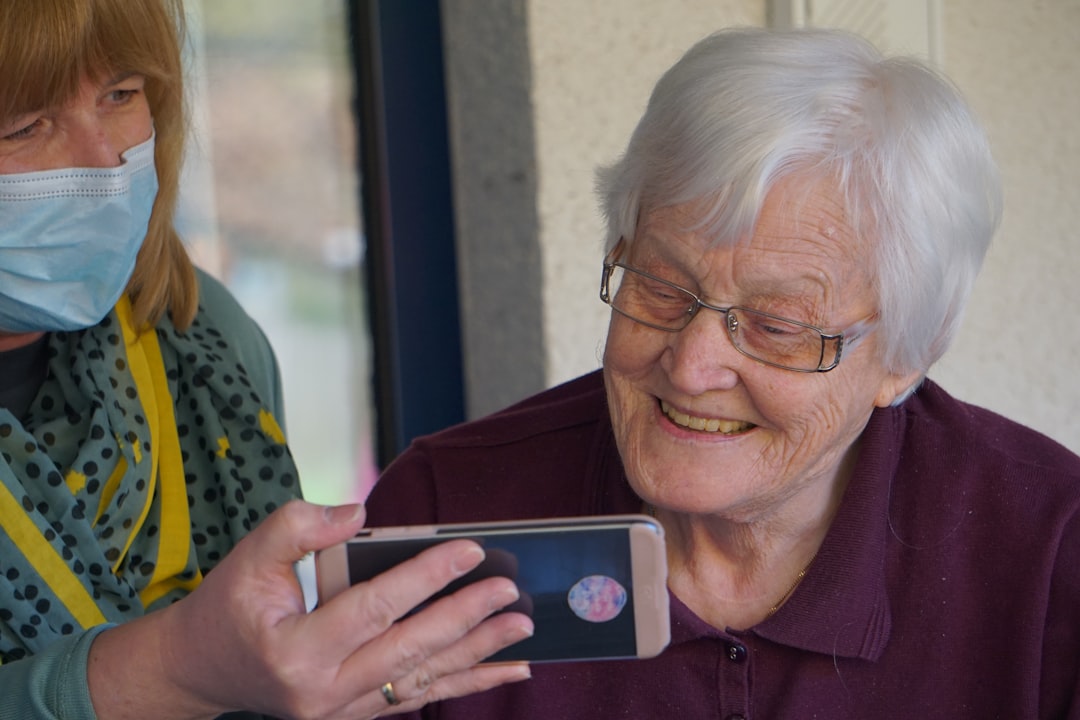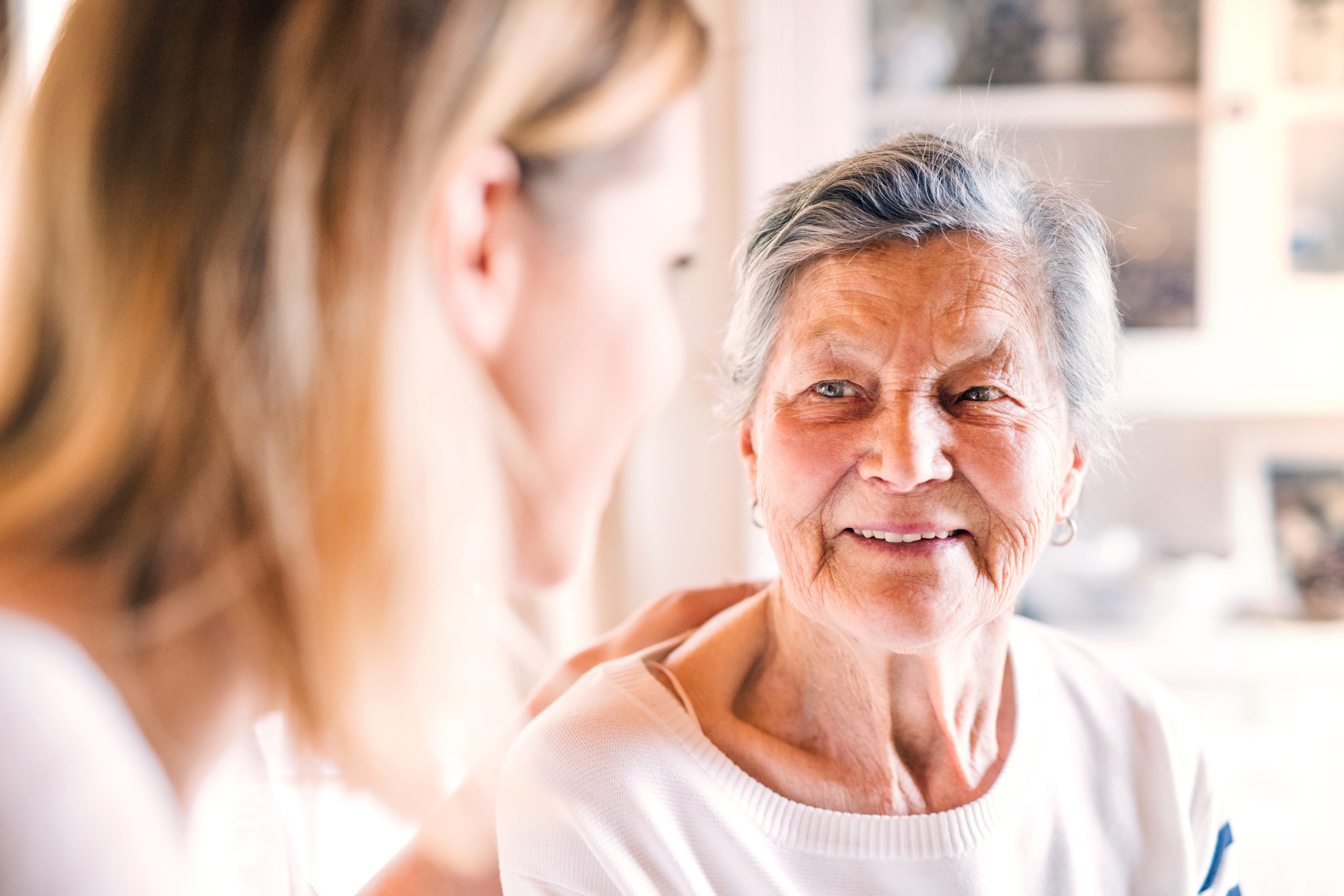3 Ways To Care for Your Loved Ones in Old Age
It can be difficult to care for a loved one as one ages. As they begin to experience physical and mental changes, it can be hard to know what to do and how to help. Fortunately, there are many resources available to assist caregivers and loved ones cope with the challenges of aging. You can do a lot more than you might realize, you just need to know what to do and where to look for assistance. If you’re not sure where to start, read on for three ways to care for loved ones in old age.
1. Ensure they’re taking medication and have everything they need.

If you have an aging relative who cannot pick up their medication, there are a few things you can do to make the process easier. You can ask the doctor if they can prescribe a medication that is easy to take, such as a pill or liquid that can be swallowed easily. If your relative is having trouble swallowing, ask the doctor about other options, such as a patch or injection.vIf your relative is unable to pick up their medication on their own, pick it up for them. Set a daily alarm or reminder on their phone or calendar for the time when they need to take their medicine.
Mobility issues are a common problem for older people, so you may find that your loved one needs a mobility aid of some kind. Those who can still walk around without much difficulty should look into shoe orthotic inserts, which can reduce discomfort and support your arches. The good news is that you can likely pick up orthotics for your loved one, as long as you know what size and type they need. They can get measured or even fitted for custom orthotics by visiting a podiatrist.
2. Take them to their appointments.

If your loved one is having trouble getting around, you can drive them to their appointments. If they live close by, you can also walk with them. If they live far away, make arrangements for transportation. If your loved one is unable to speak, take notes or facilitate communication in another way. You can also write down what the doctor said for them to review later in case they have memory loss or difficulty recalling information. If your loved one has trouble understanding, you can explain things in a way they can understand after the doctor finishes speaking.
3. Consider an assisted living facility if necessary.

You may find that one day your loved one needs the type of care provided through an assisted living facility. There are many different types of assisted living facilities, so it is essential to do your research and find one that best suits your loved one’s needs. The facility should be able to provide your loved one with all the necessary care, as well as opportunities for socializing and engaging in activities
Your loved one may need help at home or assistance with the activities of daily living prior to needed a long-term care facility. In that instance, you can look into a home health aide of some kind. Mental health can also be a struggle for anyone as they age. It’s never a bad time to consider working with a therapist or participating in some type of talk therapy. There are even therapists that work specifically with the elderly.
If you are feeling overwhelmed or stressed, seek out help. There are many resources available to caregivers, including support groups, online forums, and counseling. Don’t be afraid to ask for help – it is necessary to take care of yourself so that you can continue to care for your loved one. No matter what type of aid your loved one needs, there’s a lot that you can do to improve their quality of life and provide them with emotional support. Even though your loved one may not be able to do things the way they used to, they are still the same person inside and they will appreciate you being there.

